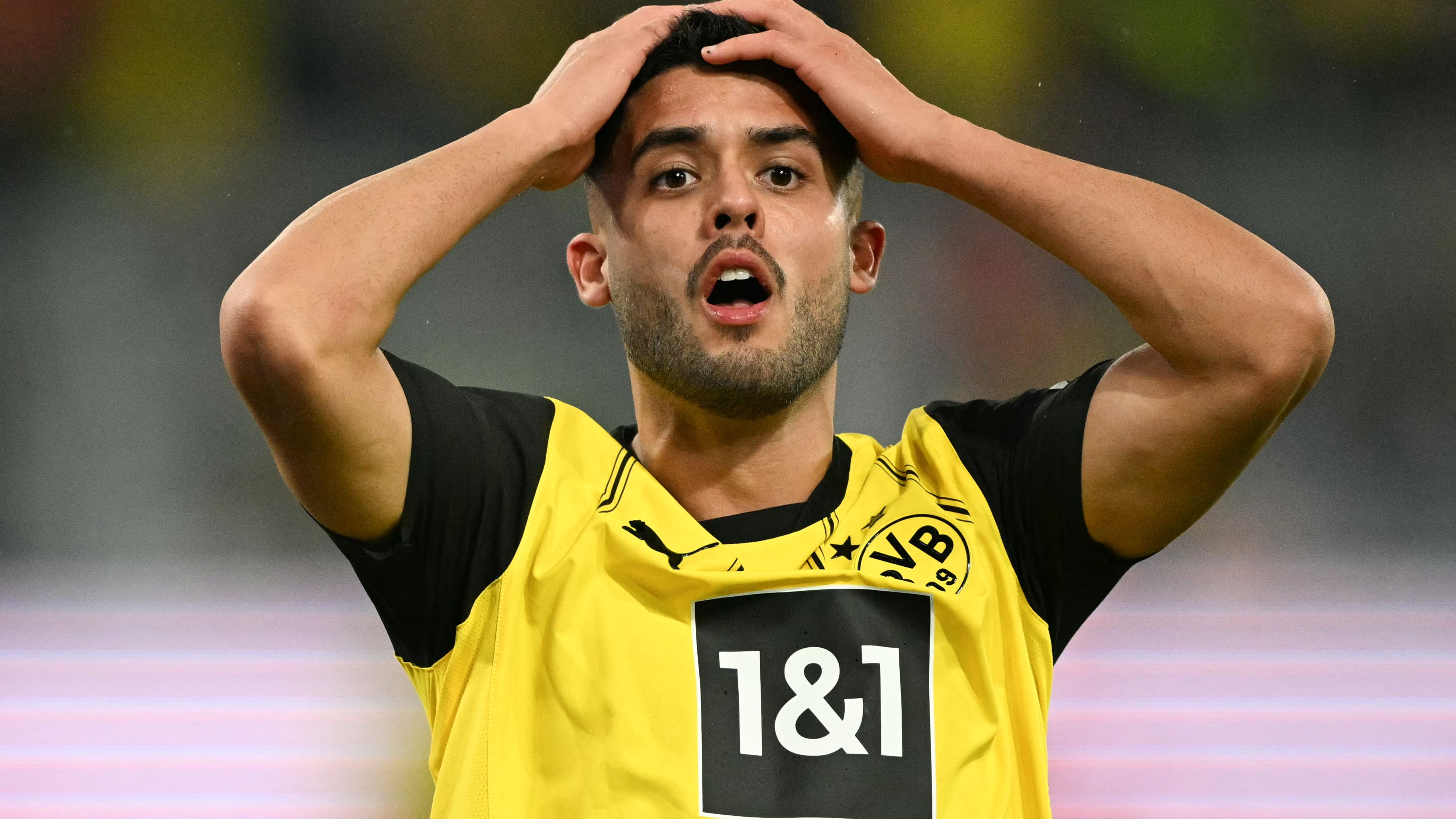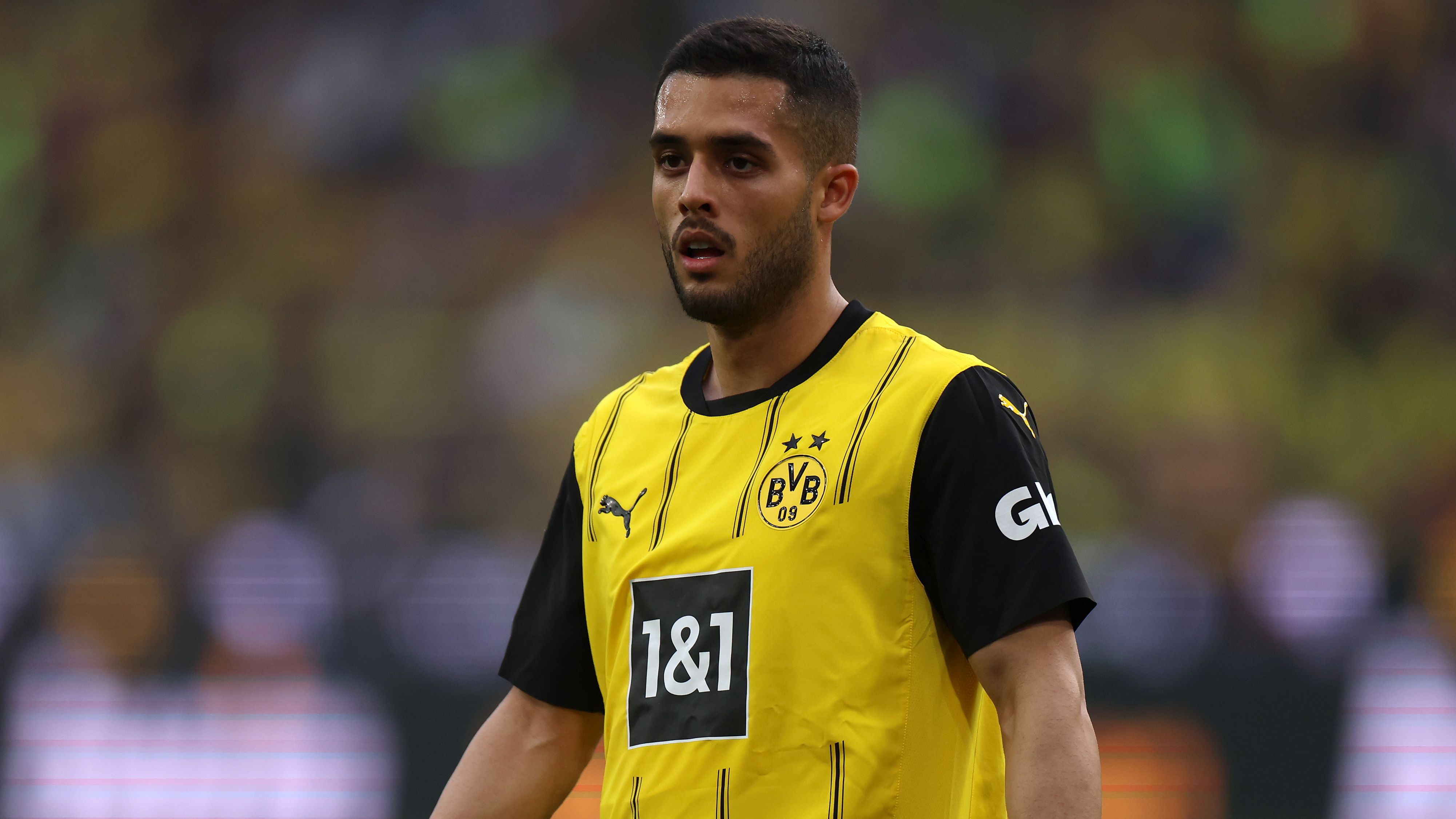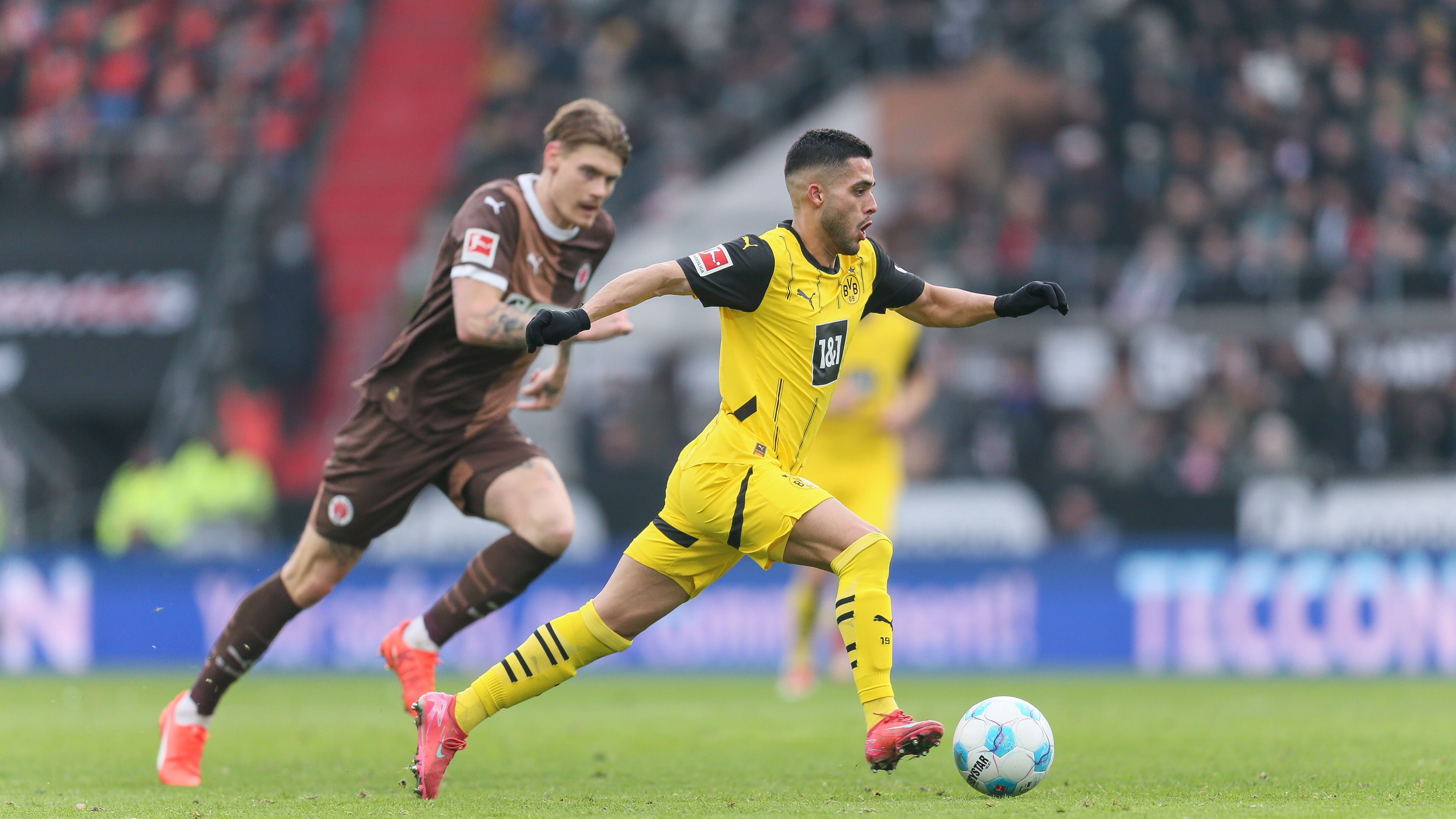Couto’s Candid Reflections on Life in Chilly Germany
The Borussia Dortmund defender, Couto, is openly discussing his difficulties settling into Germany’s harsh climate, even after locking in a long-term commitment with the team. This piece explores his personal insights, shedding light on the cultural and environmental hurdles that might be deterring players from Brazil and beyond.
Overview of Couto’s Transition to Dortmund
- Couto has now secured a full-time spot with Dortmund following his initial loan
- The defender is facing challenges in adjusting to the local environment
- At 23 years old, he also encountered difficulties performing on the field last season



Adapting to Germany’s Tough Conditions
Even with a five-year agreement signed earlier this year, the Borussia Dortmund player is grappling with the unrelenting chill of the German weather. Beyond the temperature, he points out that residents tend to be more introverted, suggesting these factors play a role in the declining interest from Brazilian athletes considering a move to this part of Europe.
Off-Field and On-Field Difficulties
While his off-pitch challenges have only recently come to light, Couto’s issues on the field began when he first arrived at Dortmund on loan from Manchester City. During that period, he featured in 21 Bundesliga matches, though he was a starter in just eight. Fast-forward to now, with Dortmund exercising their purchase clause for roughly €20 million (£17 million/$23 million) plus a €4 million loan fee, Couto is speaking out about the isolation and adjustment woes he’s experiencing in his new surroundings.
Personal Insights from the Interview
In a conversation with Sport, the right-back shared: “On a personal level, coping with the chill and the reserved demeanor of people here is tough. It really shifts things for me. Arriving in Germany and handling life solo has been demanding, which explains the hesitation among many Brazilians to relocate. It’s a personal test I must overcome.”
Upcoming Matches and Season Start
Couto stepped up for Dortmund in five games at the recently finished Club World Cup and is gearing up for preseason friendlies against Sportfreunde Siegen on July 30 and Juventus on August 10. Following that, the team will kick off their official campaign in the DFB-Pokal against Essen on August 18, marking the beginning of what promises to be an eventful year for the Bundesliga side.
Understanding Cultural Adaptation for Borussia Dortmund Players
The Player’s Reflections on Germany’s Cultural Challenges
When a Borussia Dortmund player opens up about life in Germany, it often highlights the unique hurdles that international athletes face. Many players describe the environment as “cold,” not just in terms of weather but also in social dynamics, which can feel starkly different from their home countries. This sentiment echoes common experiences shared by footballers adapting to life in the Bundesliga, where cultural immersion plays a big role in their overall well-being and performance on the pitch.
For instance, Borussia Dortmund players from warmer or more extroverted cultures might find Germany’s winters particularly intense, with long, dark days that amplify feelings of isolation. But it’s the social aspect that really stands out-players have noted how inhabitants can seem “withdrawn,” prioritizing privacy and direct communication over the casual chit-chat that’s prevalent elsewhere. This isn’t meant as a criticism but as an honest reflection on how cultural norms shape daily interactions, making it essential for newcomers to navigate these differences thoughtfully.
Exploring the ‘Cold’ Environment in Germany
Germany’s environment often gets labeled as “cold” by Borussia Dortmund players, encompassing both literal and metaphorical elements. The country’s climate, especially in the Ruhr area where Dortmund is located, features harsh winters with low temperatures and limited sunlight, which can affect mental health and energy levels. Imagine stepping off a plane from a sunny Mediterranean country and into the gray skies of the Rhineland-it’s a shock that many athletes have to adjust to quickly.
Key factors that contribute to this perception include:
- Seasonal weather patterns: Germany’s four distinct seasons mean that autumn and winter bring shorter days, which can lead to seasonal affective disorder (SAD) for some. Borussia Dortmund players often mention how this impacts training routines and personal life, making it harder to maintain the high energy needed for competitive football.
- Urban landscapes and daily life: Cities like Dortmund have a mix of industrial heritage and modern efficiency, but the architecture and layout can feel austere compared to vibrant, bustling metropolises. Players adapting to Borussia Dortmund’s cultural challenges might find the straightforward, no-frills approach to life refreshing yet intimidating at first.
- Lifestyle contrasts: Inhabitants often embrace a structured routine, with a strong emphasis on work-life balance through activities like hiking or cycling. However, this can come across as distant to players used to more spontaneous social gatherings, highlighting why cultural adaptation in Germany requires patience and openness.
Why Inhabitants Might Seem ‘Withdrawn’
Borussia Dortmund players reflecting on cultural challenges frequently point out that Germans can appear “withdrawn,” which stems from deep-rooted cultural values like privacy and individualism. This isn’t about being unfriendly-it’s more about respecting personal boundaries and communicating in a direct, efficient manner. For example, a player might expect warm greetings or small talk during everyday encounters, only to find interactions kept brief and purposeful.
Diving deeper, several reasons explain this perception:
- Cultural norms around social etiquette: Germans value punctuality, honesty, and personal space, which can make social circles feel smaller and more selective. Borussia Dortmund players often share stories of initial struggles with this, like finding it hard to build friendships outside the team without explicit invitations.
- Historical and societal influences: Germany’s history, including its emphasis on efficiency post-reunification, has shaped a society that’s reserved yet reliable. This can be a cultural challenge for players who come from communities where relationships form more organically, leading to feelings of withdrawal as they adapt.
- Language barriers and integration: Even with language classes, the nuances of German communication-such as the use of formal “Sie” versus informal “du”-can make interactions feel formal or distant. Bullet points of common experiences include:
- Difficulty in casual networking, like striking up conversations at local events.
- A preference for planned activities over impromptu meetups, which might slow down social integration for Borussia Dortmund players.
- Positive flipsides, such as the reliability of friendships once formed, offering a supportive network for overcoming cultural challenges in Germany.
Strategies for Overcoming Cultural Barriers
For Borussia Dortmund players facing these cultural challenges, adopting practical strategies can turn initial discomfort into long-term growth. Start by focusing on community involvement, such as joining local clubs or attending cultural events in Dortmund, to bridge the gap with inhabitants who might seem withdrawn at first.
Effective approaches include:
- Building a support system: Teaming up with fellow expats or using resources like international football networks to share experiences and tips on navigating Germany’s cold environment.
- Language and cultural learning: Engaging in German language courses or workshops on cultural etiquette, which can help players feel more connected and less isolated.
- Health and wellness routines: Incorporating activities like indoor sports or therapy to combat the effects of cold weather, ensuring players maintain their mental health while reflecting on cultural challenges.
- Exploring regional diversity: Germany’s varied regions offer warmer social vibes in places like Bavaria, providing a contrast that Borussia Dortmund players can use to appreciate the country’s nuances.
In discussions about Borussia Dortmund players and cultural adaptation, it’s clear that describing the environment as “cold” and inhabitants as “withdrawn” is part of a broader narrative of resilience and adaptation. This insight not only enriches our understanding of international football but also encourages empathy in global sports culture, making it a key topic for fans and athletes alike.
Real-Life Insights and Comparisons
Drawing from broader experiences in the Bundesliga, Borussia Dortmund players aren’t alone in their reflections-many athletes from clubs like Bayern Munich have shared similar sentiments about cultural challenges in Germany. For example, players from African or Latin American backgrounds often compare the reserved nature of German society to the more expressive cultures they’re accustomed to, highlighting how this influences their daily lives off the field.
Key comparisons include:
- Vs. other European leagues: In the Premier League, for instance, the social scene might feel more outgoing, making Germany’s withdrawn inhabitants a notable contrast for Borussia Dortmund players.
- Long-term adaptations: Over time, many players find that embracing local traditions, like attending Karneval festivals, helps soften the perception of a cold environment and fosters a sense of belonging.
- Performance impacts: Studies on cultural adaptation in sports suggest that overcoming these challenges can enhance focus and team cohesion, turning initial hurdles into strengths for Borussia Dortmund’s squad.
By integrating these elements, Borussia Dortmund players can transform their experiences into valuable lessons, contributing to a more inclusive football community.









